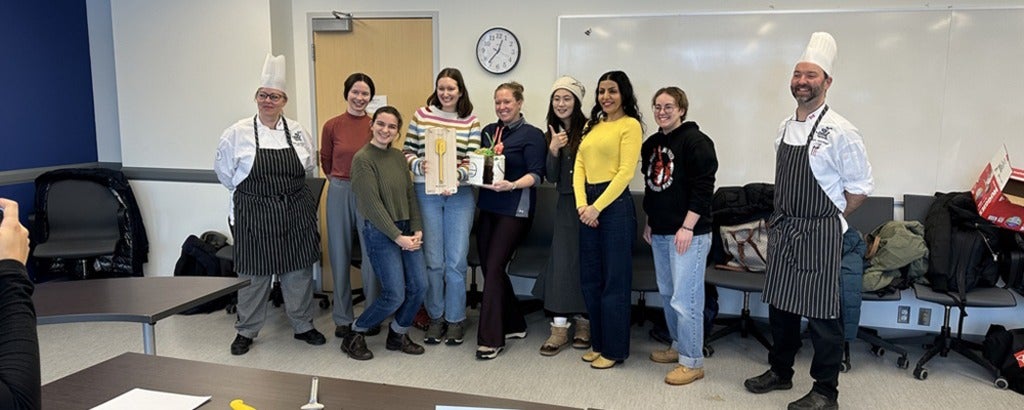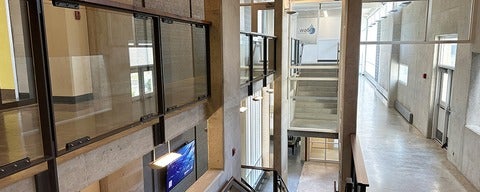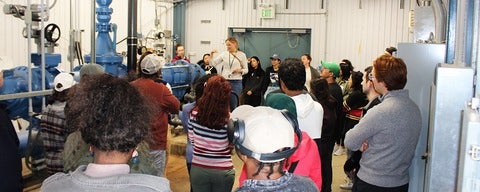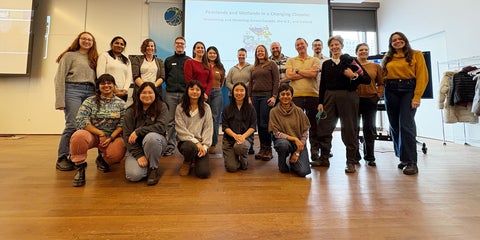Bake Your Research: Highlights from the 2026 competition
On January 16, the Society of the Water Institute Graduate Students (SWIGS) welcomed researchers to the third annual Bake Your Research competition. The much-loved event once again challenged participants to translate complex water research into edible creations that were as informative as they were delicious.









